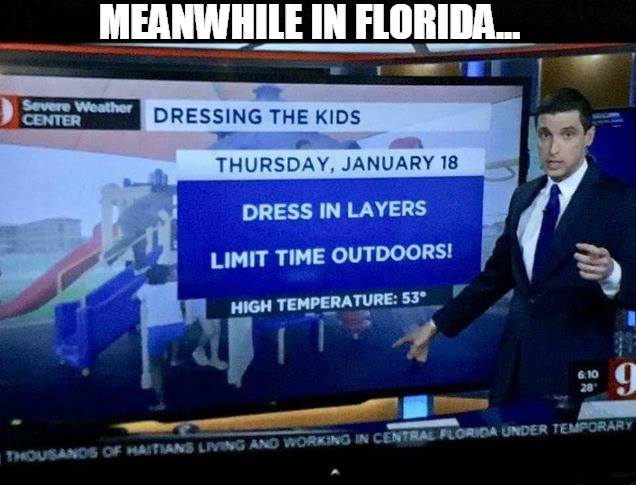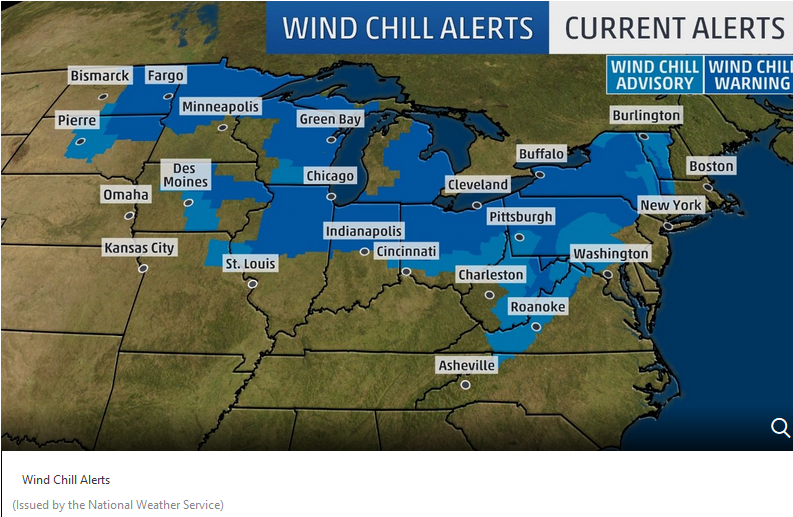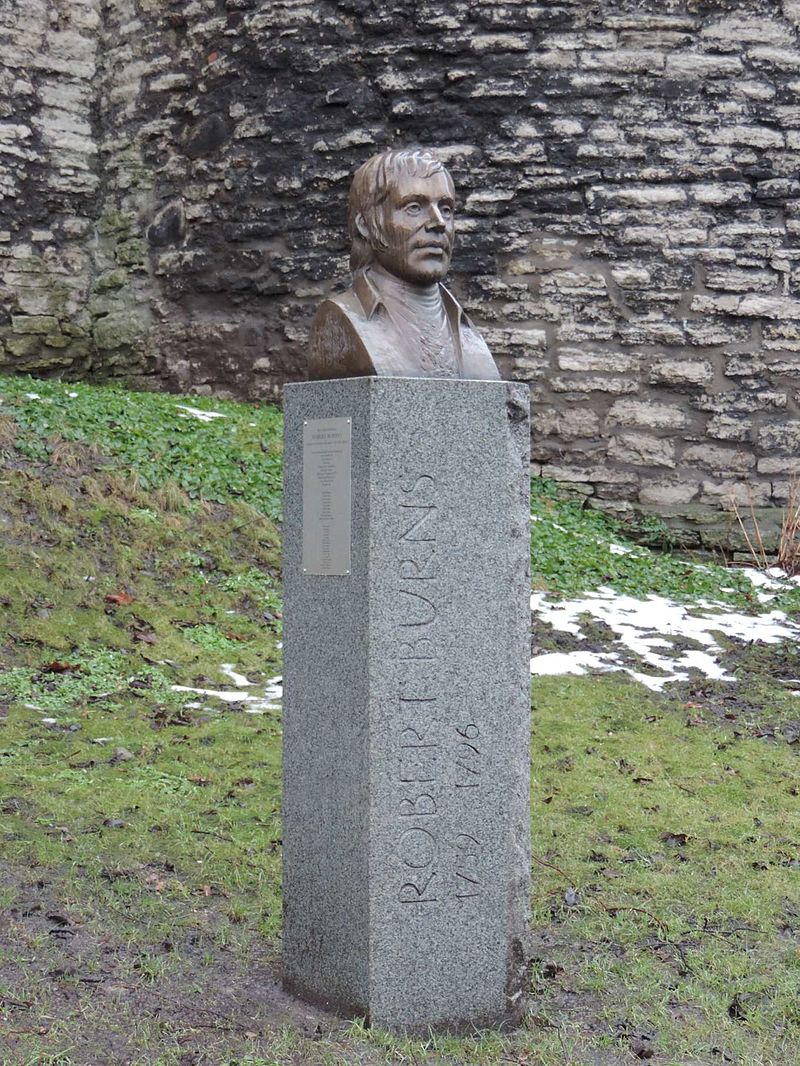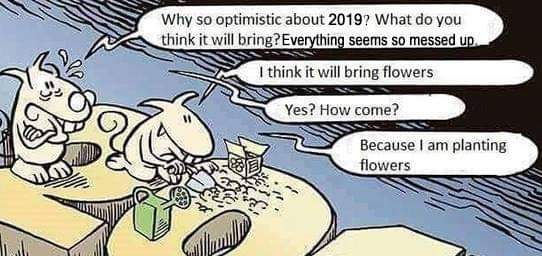Merlin Fragments Discovered – predate known English versions
Very early depiction of Merlin and King Arthur found by accident
Seven leaves of parchment from the 1200s discovered in 15th-century book at Bristol Central Library
Despite England’s obsession with the mythic King Arthur, the original legends surrounding that mysterious figure come from France. The newly uncovered fragments refer to the preparations for a battle near Trebes, by the South Riviera, where the king’s wizard Merlin and various legendary knights faced off against the forces of King Claudas. They contain details and variations different from all known versions of the Vulgate Continuation of Merlin (Suite Vulgate de Merlin,) from the larger Story of Merlin (Estoire de Merlin,) and predate any known English language telling of these tales.

Press release issued: 30 January 2019
Centuries lost ‘Bristol Merlin’ uncovered at city’s Central Library
A chance discovery, hidden away in a series of 16th-century books deep in the archive of Bristol Central Library, has revealed original manuscript fragments from the Middle Ages which tell part of the story of Merlin the magician, one of the most famous characters from Arthurian legend.
Academics from the Universities of Bristol and Durham are now analysing the seven parchment fragments which are thought to come from the Old French sequence of texts known as the Vulgate Cycle or Lancelot-Grail Cycle, dating back to the 13th century.
Parts of the Vulgate Cycle were probably used by Sir Thomas Malory (1415-1471) as a source for his Le Morte D’Arthur (published in 1485 by William Caxton) which is itself the main source text for many modern retellings of the Arthurian legend in English, but no one version known so far has proven to be exactly alike with what he appears to have used.
In addition, one of the most exciting elements of this particular find is that the Bristol fragments contain evidence of subtle, but significant, differences from the traditional narrative of the stories.
The seven hand-written parchment fragments were discovered by Michael Richardson from the University of Bristol’s Special Collections Library who was looking for materials for students studying the history of the book for the new MA in Medieval Studies.
They were found bound inside a four-volume edition of the works of the French scholar and reformer Jean Gerson (1363-1429) and, recognising a number of familiar Arthurian names, Michael contacted Dr Leah Tether, President of the International Arthurian Society (British Branch), from Bristol’s Department of English to see if the finds were in any way significant.







